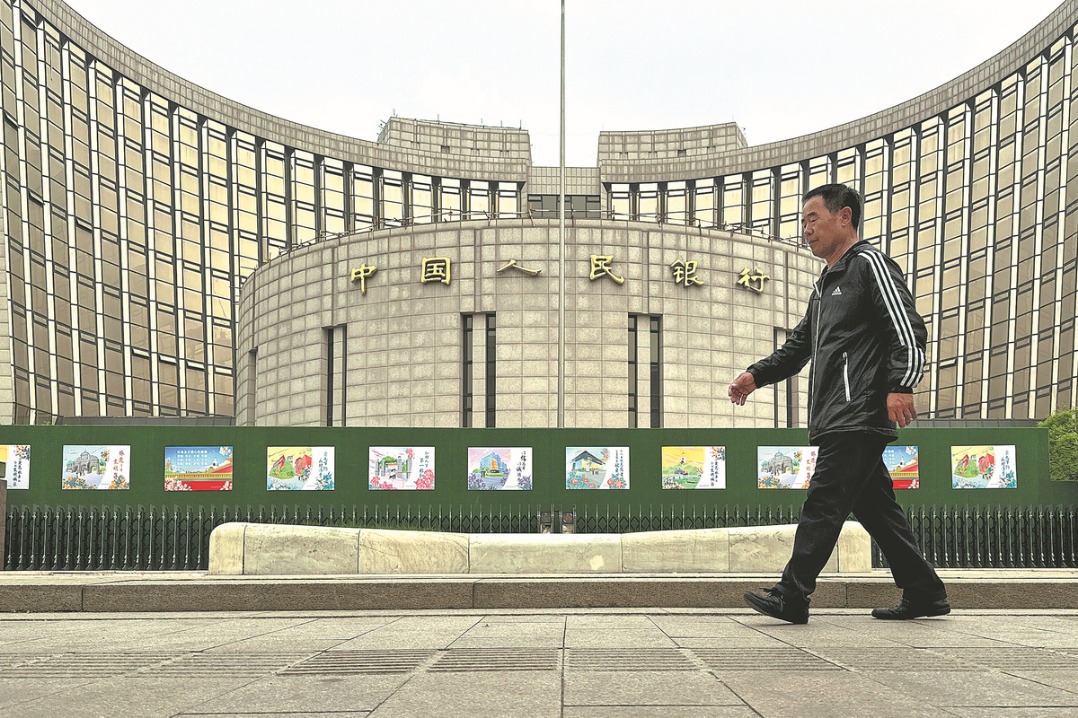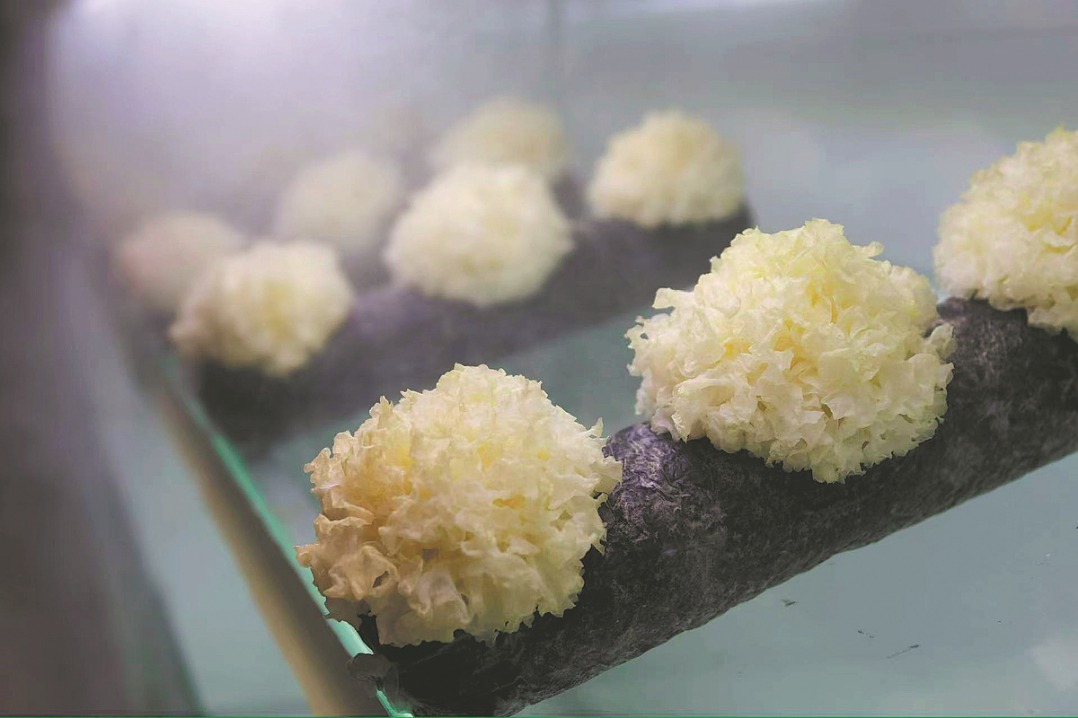Beijing's parks, historical sites get creative


Perfect place
Zhang Rui, an associate researcher at the Palace Museum, said the design of the cafe blends well with the site's architectural style.
The cafe is a perfect place for visitors to contemplate cultural relics after they complete sightseeing tours of the Palace Museum, which start at the south gate and end at the north.
"Tourists tend to stay at a coffee shop for a long time. After visiting the museum and seeing the exhibitions, they have a place to appreciate the culture even more," Zhang said.
Yang believes that a good way to spread knowledge of traditional culture is to integrate world-class cultural heritage with dynamic, creatively designed products.
He and his team have been working hard to introduce little-known cultural heritage to more people through such products.
As an example, Yang cited a newly launched ice-cream designed in the shape of a tiger with a serrated back that resembles the yu, a wooden percussion instrument played during court rituals in the imperial palaces of ancient China.
The yu was played by striking its head three times with a bamboo implement. The implement was then used to scrape the instrument's serrated back to mark the end of a piece of music.
Since the Chinese character for "yu" is hard to write and pronounce, it makes it more difficult for people to learn about these instruments and the ceremonial music they played.
Yang said, "The ice-cream design resembles the original appearance of the yu, so more people can learn about the meaning behind the shape of the wooden tiger and better understand temple prayer culture."
Shan Jixiang, former curator of the Palace Museum, said in an earlier interview, "Cultural relics can be more easily accepted and loved by young people when the knowledge and interest related to their heritage are vividly depicted and disseminated through various products."
In August, a consumer attitude report released by CBNData, a consultancy based in Shanghai, found that in China, members of Generation Z (people born from the mid-to-late 1990s to the early 2000s) are more willing to pay for their diverse interests, and the consumption power resulting from these interests continues to rise.
The report said traditional Chinese culture is one of the four major interests for Generation Z.
Gan Lu, 35, manager of the coffee house at Temple of Heaven Park, said that during the Spring Festival holiday-he noticed a group of clients-who wanted to recommend the shop to friends and revisit it, were keen on a certain type of takeaway coffee cup.
























